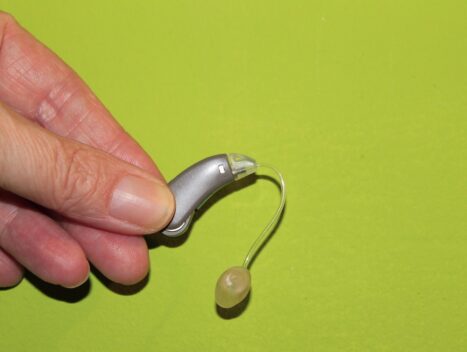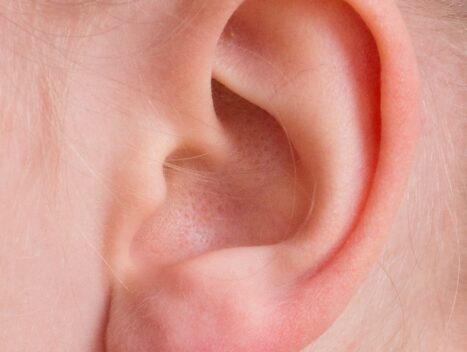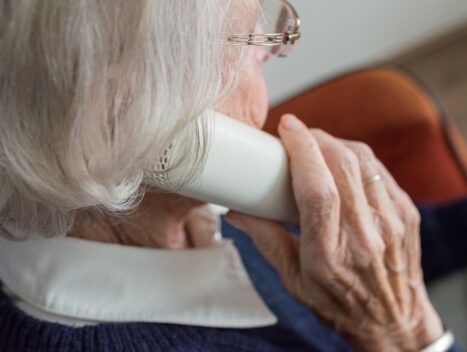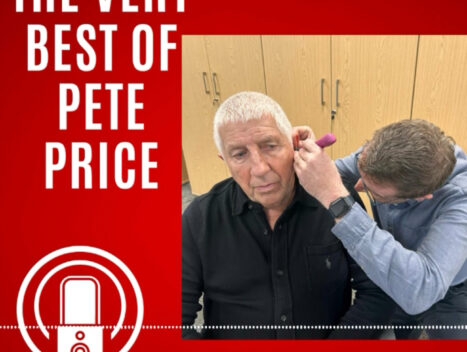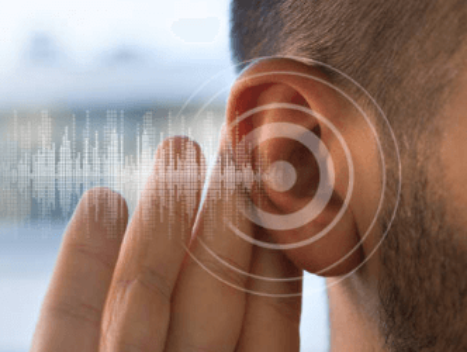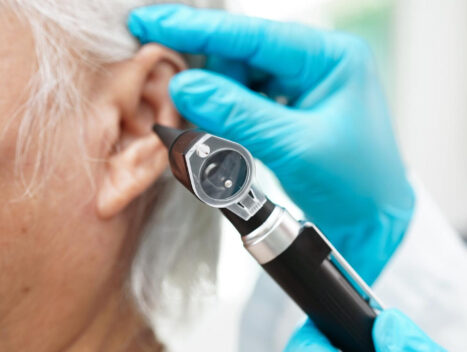Explore our Main Services
Ear Wax Removal/Suction
Discretion Hearing Ltd Southport provides an ear wax removal service which you can choose to be can be carried out in our central Southport clinic or in the comfort of your own home using Microsuction.
Hearing Tests
At Discretion Hearing Ltd Southport we offer a completely free hearing test service which can be carried out at our state of the art clinic in the centre of Southport or in the comfort of your own home.
Hearing Aids
Discretion Hearing Ltd Southport are 100% independent audiologists, this means we can offer the widest range of hearing aids and accessories from all of the major manufacturers.
See What Our Patients Are Saying
EXCELLENTTrustindex verifies that the original source of the review is Google. David was really outstanding. He took his time testing and making sure the results had been correct. He re did a couple of tests when he noticed something and to make sure I had exactly what was needed. Again he carefully went over everything, confirming i hearing issues and data. He came 90 Minutes each way to the house because of my work schedule. At all times David considered my hearing and what I needed. Making sure my needs got met nothing to do with his business but it was all about me and my care. I would recommend if you have any hearing issues or doubts or want a second opinion David was above and beyond honest. Any future hearing loss or questions Will be making an appointment and making my way to the office. Seriously thank you is a understatementPosted onTrustindex verifies that the original source of the review is Google. Superb personal service today Highly recommend, wouldn’t go anywhere elsePosted onTrustindex verifies that the original source of the review is Google. I thought I was hearing impaired in one ear.After swimming on holiday it got worse so I booked an appointment. Really friendly professional service which has restored my hearing ( ears clogged up with wax and bit of cotton buds !) Life changing - like getting surround sound ! Thanks so much ! Dont usr cotton buds !Posted onTrustindex verifies that the original source of the review is Google. Booked yesterday for wax removal and treated today....5 stars definitelyPosted onTrustindex verifies that the original source of the review is Google. I first went to David with a wax guard in my ear which he sorted for me. I decided there and then if I ever needed new hearing aids I would go to Discretion Hearing. I am more than delighted with them and wouldn’t hesitate to recommend them.Posted onTrustindex verifies that the original source of the review is Google. Bit late writing this review, but knew I must find the time to thank Discretion Hearing for fitting me in for a last minute wax removal service in between their training sessions on a day when they were technically closed, as I was really struggling. Brilliant service, so thorough, knowledgeable and I felt very at ease. Really recommend, thank you again.Posted onTrustindex verifies that the original source of the review is Google. Highly recommend these guys. Woke up one morning to find I was deaf in one ear. Complete panic! They booked me in straight away for the micro suction. The process is pain free with no discomfort and you get to watch it all on the screen in front of you which is weirdly very satisfying! Lovely girls on reception too. Thanks Discretion Hearing!Posted onTrustindex verifies that the original source of the review is Google. I recently purchased hearing aids from Discretion hearing. From start to finish the services was professional, friendly and honest. I visited three other hearing centres and by far discretion hearing was the best and competitive on pricing. They followed up a few weeks later to make sure everything was OK. Highly recommended.Posted onTrustindex verifies that the original source of the review is Google. Excellent service all round and very professional.Verified by TrustindexTrustindex verified badge is the Universal Symbol of Trust. Only the greatest companies can get the verified badge who has a review score above 4.5, based on customer reviews over the past 12 months. Read more
See Our Latest Blog
- nick@digitalmediaguys.co.uk
- 0 Comments
Why NHS Hearing Aids Aren’t Always the Best Choice: Barry’s Story
In our latest article we delve into the pros and cons of hearing aids through the NHS and privately. NHS hearing aids are often free when chosen through the service, but they’re not always the best option for many of the clients we see day after day. There are so many advancements in technology and […]
- nick@digitalmediaguys.co.uk
- 0 Comments
Hearing Aids Have Changed: Why Modern Devices Are Nothing Like the Old Days
Forget bulky old-fashioned hearing aids. Discover today’s discreet, digital, Bluetooth-enabled hearing aids at Discretion Hearing in Southport. Don’t fall for the outdated perceptions of hearing aids. The world of hearing is advancing a lot more quickly than you think. When most people hear the words “hearing aids,” they picture large, whistling devices. Often the kind […]
- nick@digitalmediaguys.co.uk
- 0 Comments
The Hidden Dangers of Cotton Buds: Why Southport Locals Should Rethink Ear Care
Still using cotton buds to clean your ears? Do you know about the hidden dangers of cotton buds and your hearing? Have you seen the many videos online or the horror stories around ear blockages? In our latest article, we discover the dangers and learn about safe, effective ear wax removal. The Cotton Bud Myth […]
- nick@digitalmediaguys.co.uk
- 0 Comments
Why You Should Book a Free Hearing Test in Southport Before The Years Out
Protect your hearing health before the year is out and see how 2026 could be a fresh start. At Discretion Hearing you can book a free hearing test in Southport. We offer free hearing tests and are renowned for being the local expert with independent audiology care, tailored to you. A Fresh Start for Your […]
- nick@digitalmediaguys.co.uk
- 0 Comments
Discretion Hearing Feature on Pete Price Podcast
Listen Now By Following the Link & Clicking Here: On his latest episode of the Pete Price Podcast, Liverpool legend Pete Price takes listeners on a fascinating, road-trip-style exploration of his own hearing aid journey, courtesy of Discretion Hearing. With his signature warmth and curiosity, Price invites us into the world of modern hearing solutions […]
- Sarah Jackson
- 0 Comments
Breakthroughs in Hearing Technology
Breakthroughs in Hearing Technology. At Discretion Hearing, we are dedicated to improving the quality of life for those with hearing loss. This is why we’re always looking into the latest innovations in hearing aid technology. One of the most exciting advancements is biometric-responsive hearing aids, a cutting-edge development that promises to revolutionise the way users […]
- Sarah Jackson
- 0 Comments
Why You Should Make a Hearing Test Your Priority in 2025?
Why You Should Make a Hearing Test Your Priority in 2025? As we welcome a new year, it’s common to set resolutions to improve our health, whether it’s eating better, exercising more, or getting more sleep. Of course, 95% of people have dropped their resolutions by the end of January, however, there’s one crucial aspect […]
- Sarah Jackson
- 0 Comments
How is new technology helping us to combat hearing loss?
How is new technology helping us to combat hearing loss? As audiologists, we know that technology is constantly evolving. New innovative ways to combat hearing loss are emerging all the time. In December, it was announced that researchers at Colombia University have been working on what has the potential to be the world’s most precise […]
- Sarah Jackson
- 0 Comments
How Are AI Hearing Aids Shaping the Future?
How Are AI Hearing Aids Shaping the Future? Finding a provider that suits your complex needs can sometimes be half the battle when it comes to choosing your new hearing aids. Looking for a device to suit your lifestyle is key to feeling comfortable and confident in your daily life, and here at Discretion Hearing, […]

